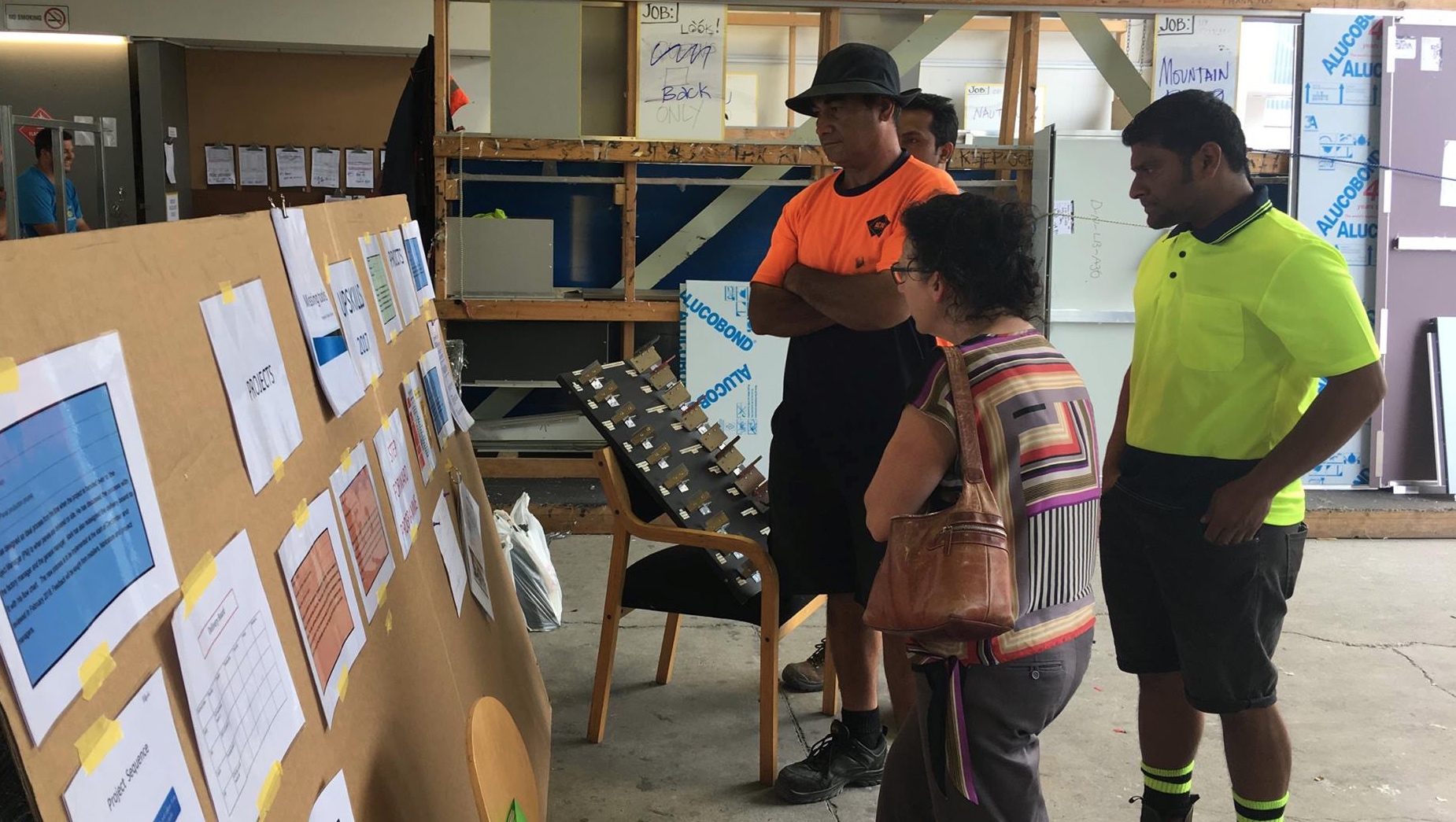
People are your organisation’s biggest asset – but how confident would you be that you’re harnessing everybody’s ideas when it comes to engaging in problem solving ideas? Sometimes organisations fall into a top-down, solution-focused approach without equipping and investing in their front line staff to express their ideas with confidence.
A good workplace training programme is focused on getting the best from your people and allowing them to flourish. It will change your business.
One of the best ways to do this is by building a team of problem solvers.
The power of problem solving
In today’s business landscape, we need to be constantly improving. Innovation, cost-reduction, continuous improvement—all are absolutely essential if your business is going to remain competitive moving forward. Thankfully, all of these benefits are available for the taking, right now. All that’s needed is to activate your people.
Think about it: Who’s better equipped to improve the way your business goes about its manufacturing processes? A highly paid, outside consultant, who spends a few hours in your facility before going away to write up reports; or someone who has spent thousands of hours immersed in your environment?
Hands down the best way to achieve successful continuous improvement is to have an entire team of problem solvers working around the clock. Every team member brings their unique perspective and experience to the table, meaning a diverse blend of ideas and opinions steadily flow through on a range of different areas of your business.
So how can you achieve this?
Introducing root cause analysis in an effective training programme
It’s not enough just to have your staff focusing on problems. In fact, having a problem-focused culture can actually have an incredibly negative impact on engagement and performance. That’s why we base our training programme around the concept of root cause analysis.
Imagine your manufacturing line grounds to a halt. A piece of packaging is wedged in a machine, and engineers have to spend hours resetting the line. If your staff are problem-focused, they will see the problem and its symptoms (the line is down and there’s no work to do), and become frustrated. If they apply root cause analysis, however, they will look beyond the problem, analysing what the problem is, what caused it, and what can be done to prevent the issue in the future.
This simple shift in thinking is taught by going through real-life problems. During an effective training programme, learners will be presented with issues and asked to identify what the problem is, but then go beyond its symptoms, and look at what’s causing it, and what preventative actions can be taken.
It’s this kind of problem solving culture that drives engagement and productivity, and produces huge continuous improvement benefits for your organisation.
Getting it right, first time, in real time
It’s one thing to solve problems in a classroom, but it’s another to do it on your own, in the workplace.
That’s exactly why we love getting every learner to complete a project in their own work place, that solves a problem in some way, shape or form. The results never cease to inspire us, and are a testament to the power of building a team of problem solvers.
Take one of our learners working for a large manufacturing firm. She noticed that when new staff would start, they were slow, and made a lot of mistakes for the first few weeks. Rather than just taking this at face value, she dug deeper and found the root cause of the issue was that the existing staff had a lot of slang and complicated vocabulary when it came to talking about the tools and processes that new staff were required to learn. New starts were confused and overwhelmed, leading to inevitable errors.
Fast forward a few weeks, and she had designed an induction pack, with a guide to all the common slang and vocabulary used on the site. New starts were given this on their first day, and error rates were greatly reduced.
Contact us now to make problem solving part of your workplace training. By creating a team of problem solvers, everybody wins.






